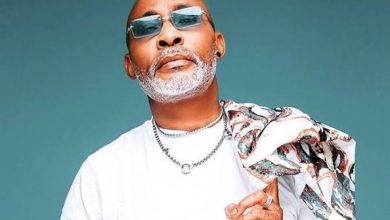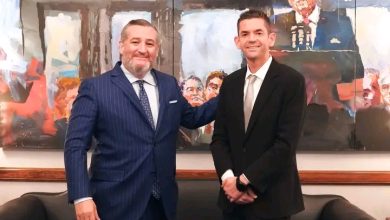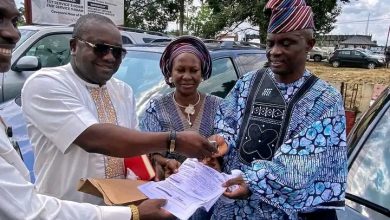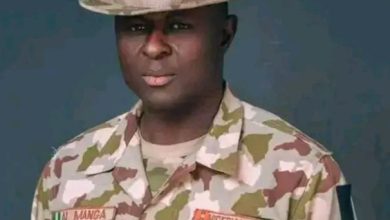South–South Voices Accuse Nigerian Army of Regional Bias After Okuama Tragedy
..........….“No Tanks for Sambisa, But Entire Brigades for the South—Why?”
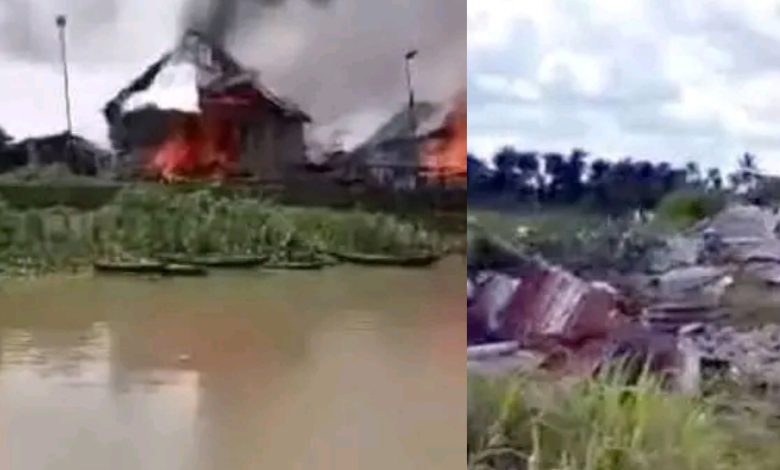
By Passman Akpos
A wave of heated reactions has erupted across the South–South following renewed criticisms accusing the Nigerian Army of showing excessive force in southern communities while allegedly handling similar incidents in the North with restraint.
The uproar was triggered by social media commentaries claiming that the military responds differently when its personnel are attacked in the northern region, compared to the South–South and South–East. Many critics referenced the controversial destruction of Okuama in Ughelli South, Delta State, where an entire community was levelled in March 2024 after the killing of 16 soldiers during a supposed peace mission.
Online users argued that while several generals have reportedly been killed in northern ambushes over the years, no northern community has been razed in retaliation. One commenter wrote:
> “Since they have been killing their Generals in the North, we have not heard that they went to level any community. But let it happen in the South, you will see full military operations overnight.”
Another added:
> “Their muscles na for South-East, South-South, and South-West. For North, it is operation run and keep quiet.”
The anger intensified after the Army reportedly denied the abduction and killing of a senior officer in the North, prompting accusations of selective outrage.
Okuama: A Community Erased
Okuama remains the symbol of these grievances. Once a vibrant Urhobo settlement, it is now an expanse of rubble and overgrown ruins. Many residents remain displaced, some detained without trial, while others still mourn loved ones lost during and after the incident.
> “Children have no schools. The sick have nowhere to go. Elders sit with empty eyes,” said one community source.
Critics argue that if the incident had occurred in another region, the response might have been different.
A Cry for Accountability
Prominent voices across Urhobo nation described the Okuama tragedy as a reflection of Nigeria’s broader collapse of justice and accountability.
> “Let’s be honest — what happened to Okuama is what is happening to Nigeria every day: accusations without truth, no justice for the weak, too much power for the powerful,” Darah wrote.
Others called for investigations into military officers involved in the Okuama operation, alleging torture, unlawful arrests, and excessive action.
“Nigeria Happens to Okuama”
For many, Okuama is no longer just a location; it has become a metaphor for abandonment, state violence, and unequal citizenship.
> “Okuama is a warning. A mirror. A loud scream begging the nation to wake up,” Darah concluded.
The Nigerian Army has repeatedly denied allegations of regional bias, insisting that all operations follow rules of engagement. However, the deepening mistrust in affected communities suggests that official assurances may no longer be enough.
As Nigeria continues to battle insecurity across all regions, public analysts warn that unless justice becomes consistent and transparent, more communities may feel victimized, fueling wider resentment and fragmentation.

